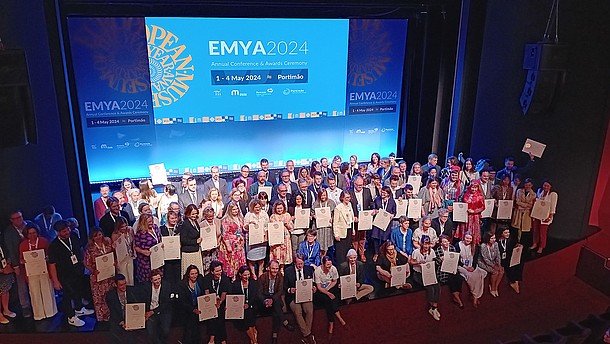Main results of I-ON is summarized in a package of materials for educational and cultural institutions, as well as the general public, through physical and digital exhibitions, movies, publications, lectures, webinars, school packages as well as a series of recommendations for policymakers.The project was a broad cooperation between one university and museums in Norway, Sweden, Denmark, Poland, Lithuania, Slovenia and Croatia. One of the project partners, the Vest-Agder-museet IKS, is a member of NEMO.
About the findings, the project writes that they “raise awareness that migration policies should not only look at the short-term economic and social effects of migration movements, but also at the long-term consequences that they have for the migrants themselves and their descendants. Traumatic experiences can haunt former migrants, their families, and local societies for decades, and this comes in addition to the demanding personal attempts to shape a new identity in a new country.”
The recommendations Mitigating the Consequences of War and Forced Migration from a Cultural Heritage Perspective call on policy makers to:
- Raise awareness about the long-term consequences of war and forced migration by always applying a three-generational perspective.
- Intensify efforts to provide multidisciplinary support after collective trauma; support by cultural mediators, ethnologists, anthropologists, historians, sociologist, ideally in collaboration with psychologists and psychiatrists.
- Support and enable professionals and institutions working with cultural heritage to raise public attention towards sensitive and contested historical events, and apply a multi-vocal perspective.
- Intensify initiatives on societal and political levels to diminish all forms of stereotyping of migrants.
- Initiate further research on how public interpretation and display of contested history can positively impact individual and societal physical and psychological wellbeing.




